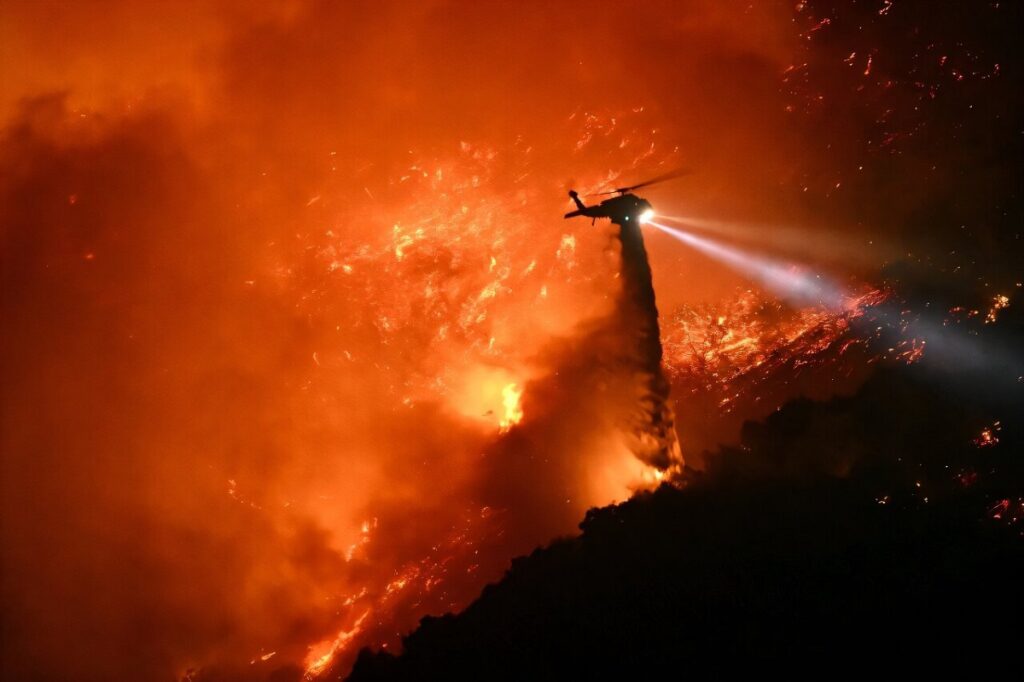
Scientists Say World May Have Entered Era of 1.5C Warming
If 2024 felt hotter than ever, that’s because it was—and scientists now believe we may have officially stepped into a long-term, 1.5°C warmer world. For

If 2024 felt hotter than ever, that’s because it was—and scientists now believe we may have officially stepped into a long-term, 1.5°C warmer world. For

Brian Niccol, the incoming CEO of Starbucks, has sparked controversy due to his plans to commute nearly 1,600 kilometers to the company’s headquarters every day.
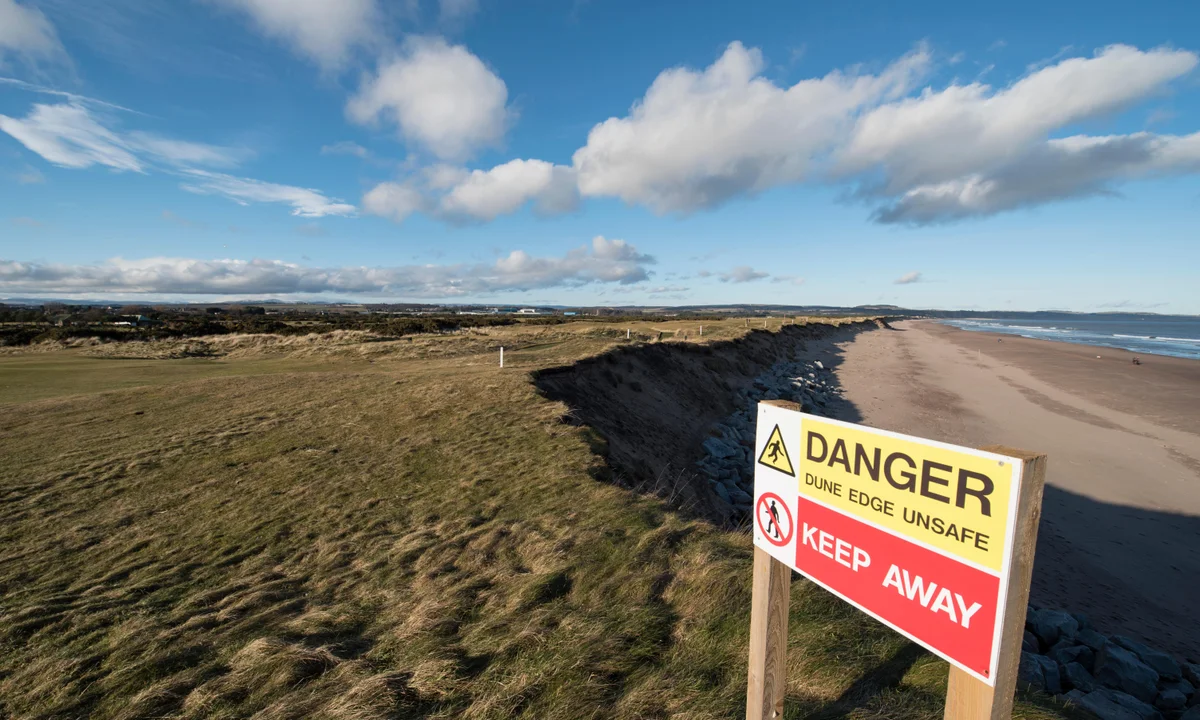
Scotland’s Montrose Beach is losing seven meters of sand every year due to climate change, according to a research report. Previous estimates were conservative as

Google has reported a 48% increase in its greenhouse gas emissions over the past five years, primarily due to electricity consumption by AI data centers.

Russia has destroyed over 60,000 hectares of forests, causing damages valued at least $360 million, according to an investigation by NGL Media.
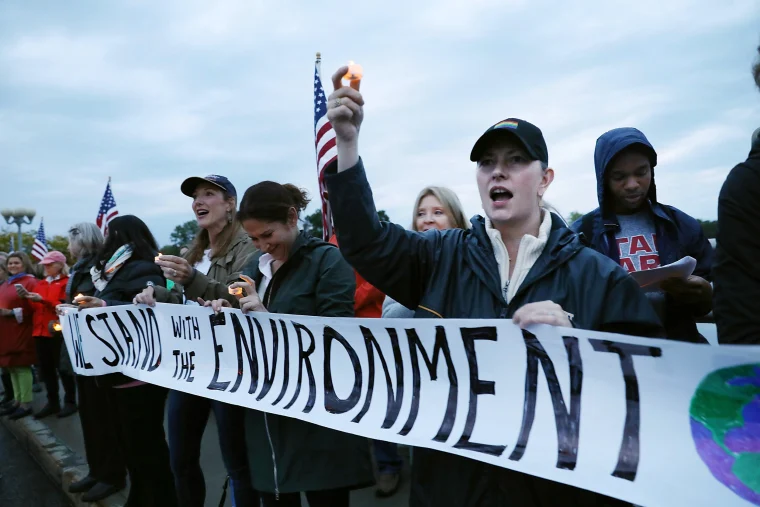
The study published by the University of Michigan reveals that around 15% of the American population deny climate change and the science behind it.

Using cutting-edge technology, scientists found a quarter of a million nanoplastics in a liter of bottled water.

France has encouraged its citizens to avoid buying new clothes on Black Friday sales. Some people within the government have criticized the decision, but the government said it’ll help the environment.

A security guard in UAE won an iPhone 15 after recycling 1,600 bottles in seven days. The man named Dipesh Chamlagain received the iPhone after he got into the eco-friendly adventure through Renie, a tech company that introduced smart bins at Chamlagain’s workplace.
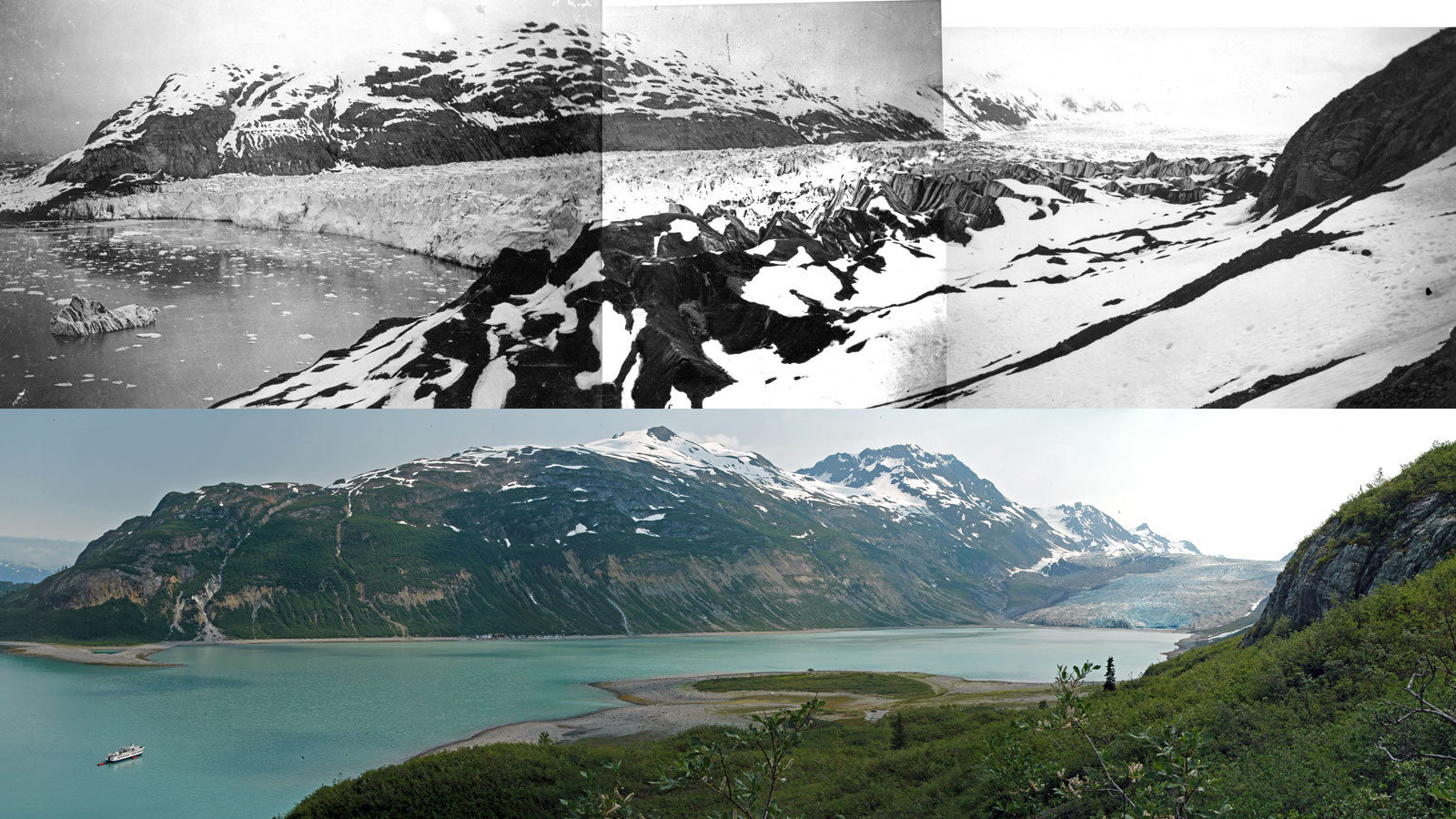
Researchers have been able to determine the century of climate change. The time machine dives deep into the environmental history and biological changes that have taken place in the last 100 years.
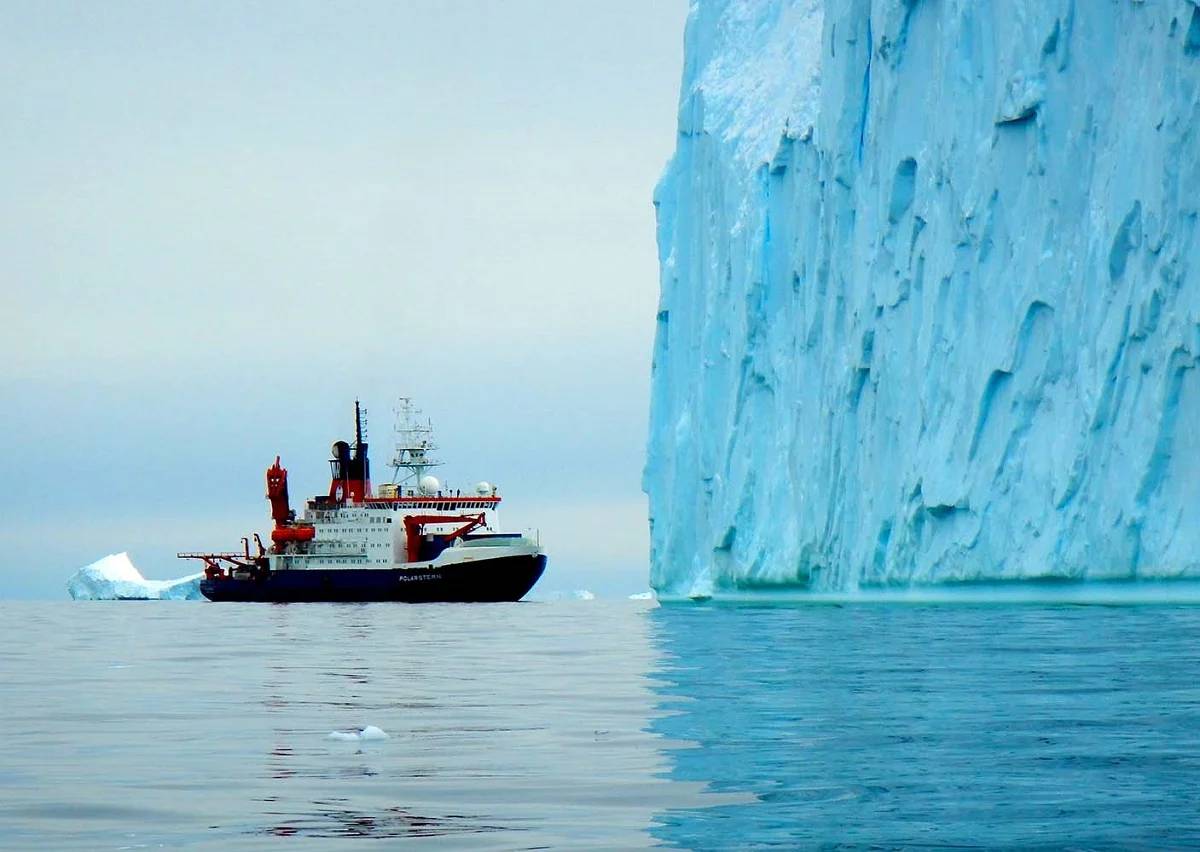
A 25-year research study has revealed significant losses in more than 40 per cent of Antarctica’s ice shelves. The study showed that thinning ice shelves have released massive amounts of water into Earth’s oceans.
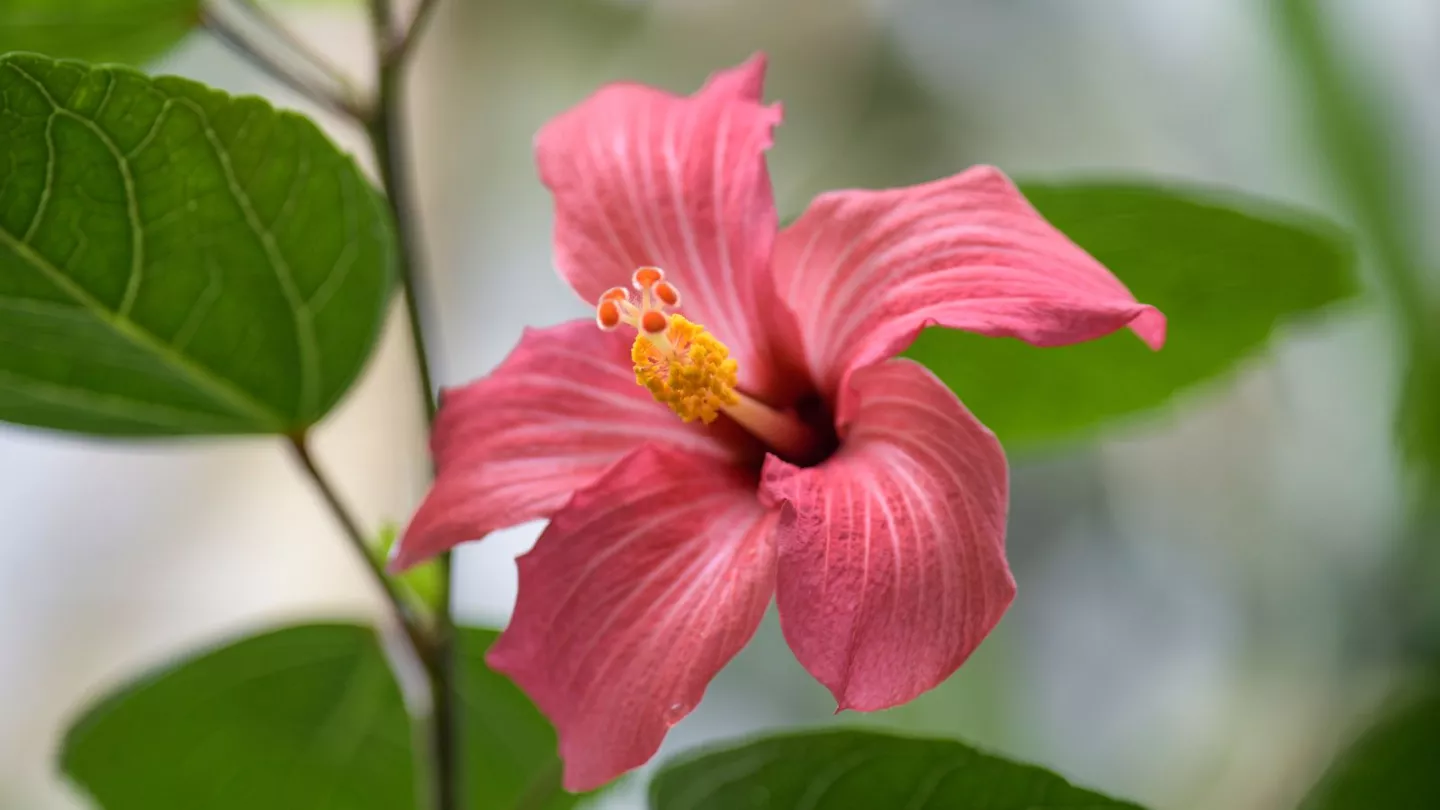
At least 45% of the world’s known flowering plants are threatened by extinction around the world, the study revealed.
